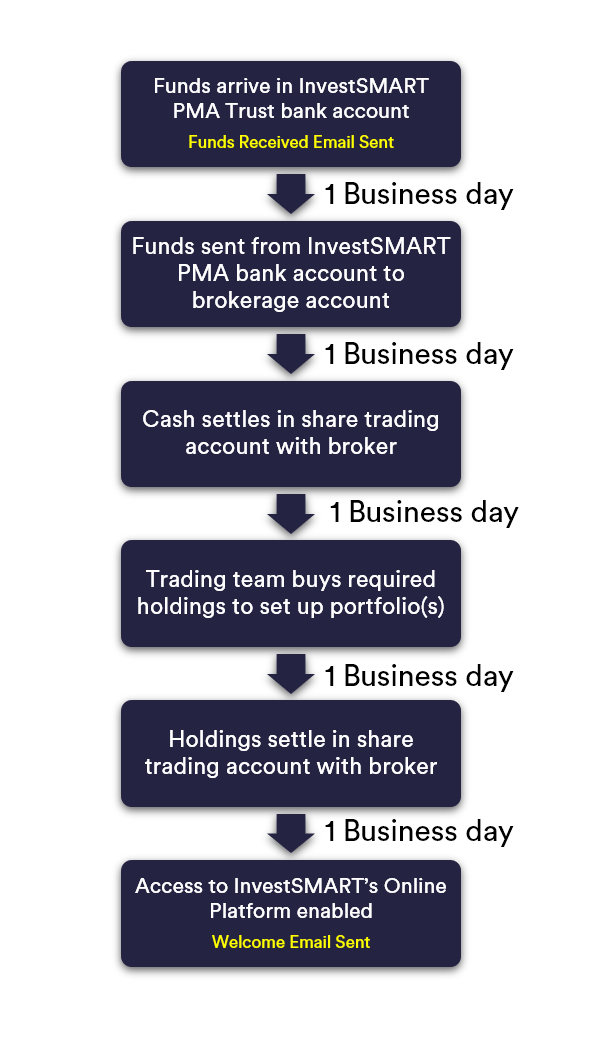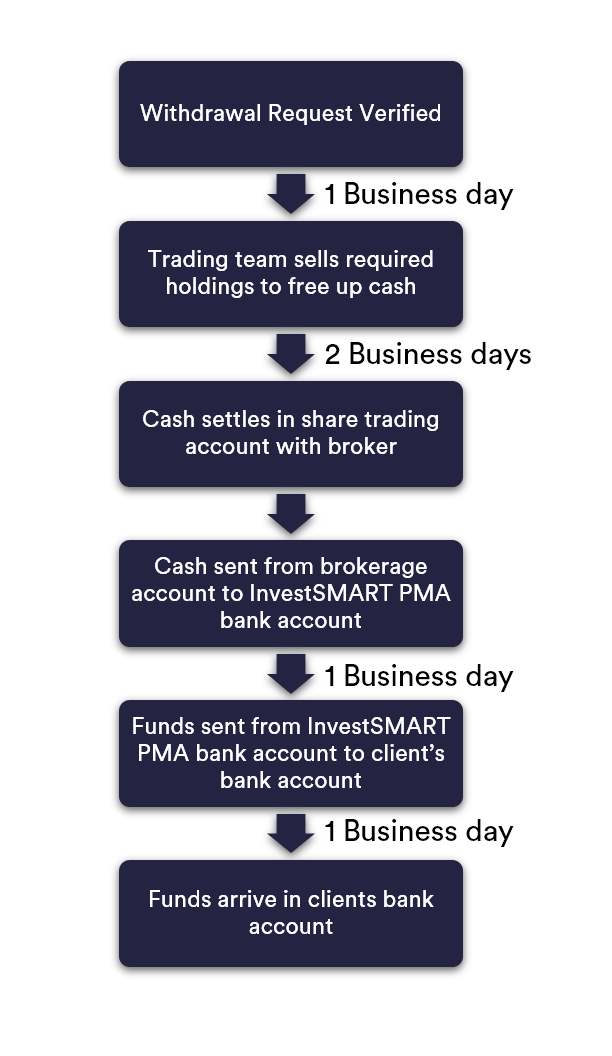Ethical investing, also known as socially responsible investing or sustainable investing, is an investment strategy that integrates environmental, social, and governance (ESG) criteria into the decision-making process. This approach allows investors to align their financial goals with their values, promoting responsible corporate behaviour and creating a positive impact on society and the environment.
What is ethical investing?
Ethical investing involves considering a company's financial performance and its impact on society and the environment when making investment decisions. It aims to generate returns while supporting businesses that demonstrate ethical and sustainable practices. Ethical investing can be applied to various asset classes, including stocks, bonds, and ETFs.
Ethical investing as an investment strategy
Ethical investing offers several benefits:
- Aligns investments with personal values: Ethical investing allows individuals to support companies and industries that align with their values and avoid those that do not.
- Mitigates risks: Ethical investments tend to focus on companies with strong ESG performance, which often translates into lower risks and better long-term financial performance.
- Drives positive change: By investing in companies with responsible practices, investors can influence corporate behaviour and promote sustainability.
- Diversification: Ethical investing can provide exposure to new and emerging industries that focus on sustainable solutions, potentially enhancing portfolio diversification.
Understanding the ESG criteria
ESG criteria are a set of standards used to assess a company's ethical and sustainable practices.
You can search the Refinitiv ESG website to see ESG scores for various companies. ESG Scores | Refinitiv
They include:
- Environmental: This focuses on a company's impact on the environment, including pollution, waste management, resource conservation, and climate change mitigation.
- Social: This considers a company's relationships with its employees, suppliers, customers, and communities, evaluating aspects like human rights, labour practices, and diversity.
- Governance: This examines a company's leadership, transparency, and internal controls, encompassing areas such as corporate governance, executive compensation, and shareholder rights.
How to go about ethical investing
There are several ways to incorporate ethical investing into your investment strategy:
- Research: Investigate individual companies and industries to evaluate their ESG performance. Look for companies with strong ESG ratings, certifications, or awards.
- Use ESG-focused funds: Choose mutual funds or exchange-traded funds (ETFs) that specifically focus on companies with strong ESG performance. These funds often have "ESG" or "sustainable" in their names.
- Work with a financial advisor: Seek advice from a financial professional who specializes in ethical investing. They can help you create a personalized investment strategy that aligns with your values and financial goals.
- Shareholder activism: Actively engage with the companies in your portfolio by attending shareholder meetings, voting on proxy proposals, or even submitting your own proposals to promote positive change.
How can InvestSMART Group help?
InvestSMART offers an Ethical Growth Portfolio through its Professionally Managed Account (PMA).
The Ethical Growth Portfolio is invested in a blend of 5 – 15 ethical Exchange Traded Funds (ETFs). Each ETF invests in a different asset class like Australian equities, international equities and fixed income like bonds.
The Intelligent Investor offers an ASX-traded fund called the Intelligent Investor Ethical Share Fund. It has the ticker code ASX: INES.
The Intelligent Investor Ethical Share Fund (ASX:INES) invests in quality businesses managed by insider owners or CEOs who think long-term while considering environmental, social, governance and ethical considerations. It is an actively managed portfolio of 10-35 stocks in one ETF.
In conclusion, ethical investing provides a meaningful way for investors to align their financial goals with their values. By incorporating ESG criteria into their investment decisions, individuals can support responsible companies, drive positive change, and potentially enjoy better long-term financial performance.
For more educational resources about Ethical Investing, you might want to visit:
The Responsible Investment Associate Australasia
Home - Responsible Investment Association Australasia (RIAA)
RIAA champions responsible investing and a sustainable financial system in Australia and New Zealand. It has over 500 members and provides tools for investors.
ETF Filter and Compare Tool at InvestSMART
You can enter Ethical as the search Keyword.
ETFs | Exchange Traded Funds, ETF Investing & Performance (investsmart.com.au)
Saving for happy retirement
Saving for kids education
Saving for a property
Wealth Protection
Need help planning and finding the right investment portfolio?Get StartedBalanced Portfolio
Growth Portfolio
High Growth Portfolio
Ethical Growth Portfolio
Ethical High Growth Portfolio
Single asset class ETF portfoliosCash Securities PortfolioAustralian Bonds Portfolio
Australian Equities Portfolio
International Equities Portfolio
Property & Infrastructure Portfolio
Hybrid Income Portfolio
Need help planning and finding the right investment portfolio?Get StartedConservative Portfolio Balanced Portfolio Growth Portfolio High Growth Portfolio Cash Securities Portfolio Australian Bonds Portfolio Australian Equities Portfolio International Equities Portfolio Property & Infrastructure Portfolio Ethical Growth Portfolio Ethical High Growth Portfolio Hybrid Income Portfolio See all ETF portfolios How it works Capped fees Who we are Portfolios performanceETF Insights
Paul's Insights
Podcasts & videos
Portfolio updates
Top Performing ETFs
Compare Your Fund
Need help planning and finding the right investment portfolio?Get Started











